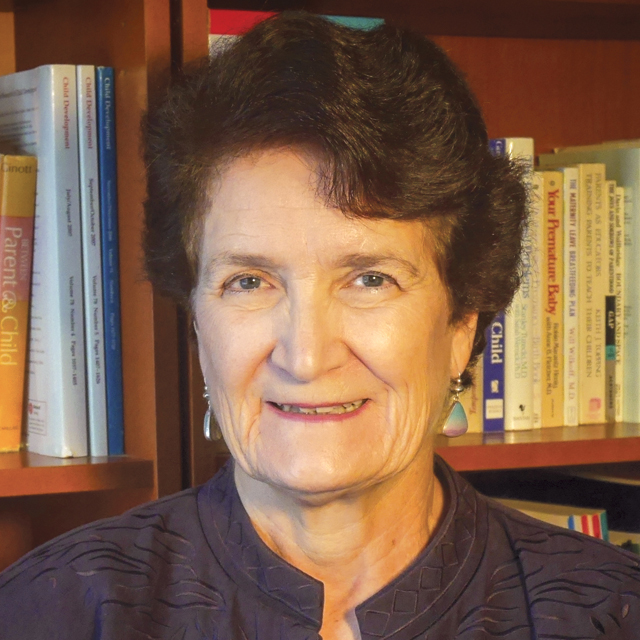Although 15 years have passed since cancer geneticist Alberto Bardelli left the laboratory of Bert Vogelstein ’74 to return to his native Italy as head of the molecular oncology program at the University of Torino, his alma mater, he still wears the Johns Hopkins lanyard to which his school of medicine identification card was attached. It now holds his University of Torino badge.
His postdoctoral research fellowship at Johns Hopkins (1999–2006), notes Bardelli “was the best period of my scientific career. It was thrilling, exciting, innovative and stressful altogether. I worked 10 hours a day there.”
Today, in addition to his role at University of Torino, Bardelli is president of the European Association for Cancer Research (EACR), a 10,000-member organization headquartered at the University of Nottingham in England. The EACR serves oncology researchers, especially “the young investigators in cancer, by offering training opportunities through a portfolio of meetings, fellowships and networking opportunities,” he says.
Looking back to his time at Johns Hopkins, Bardelli calls Vogelstein “a stellar scientist, a true mentor (maestro in Italian),” and says: “I owe him my career and many insights into life. I will never forget his thoughtful comments, sharp criticisms, amazing suggestions for ‘crazy’ projects, which eventually led to important new discoveries.”
Bardelli was involved from the beginning in Vogelstein’s studies of the genomics of cancer — particularly the genetic profiles of colorectal cancer and tracing the molecular patterns of tumor progression. Among Bardelli’s most important publications, he identified the initial mutations in the kinome (the key protein regulators of cell function) associated with colorectal cancer.
Ever since, Bardelli’s “research has been instrumental in identifying the mechanisms underlying the resistance of cancers to drugs, thereby leading to improved treatment options for cancer patients,” Vogelstein says.
Bardelli also directs the International Foundation of Medicine’s Genomics of Cancer and Targeted Therapies program at the Institute for Cancer Research and Treatment in Candiolo, Italy, near Turin.
The winner of numerous awards, including the school of medicine’s 2004 Alfred Blalock Research Award, he was elected to Johns Hopkins’ Society of Scholars last year.


